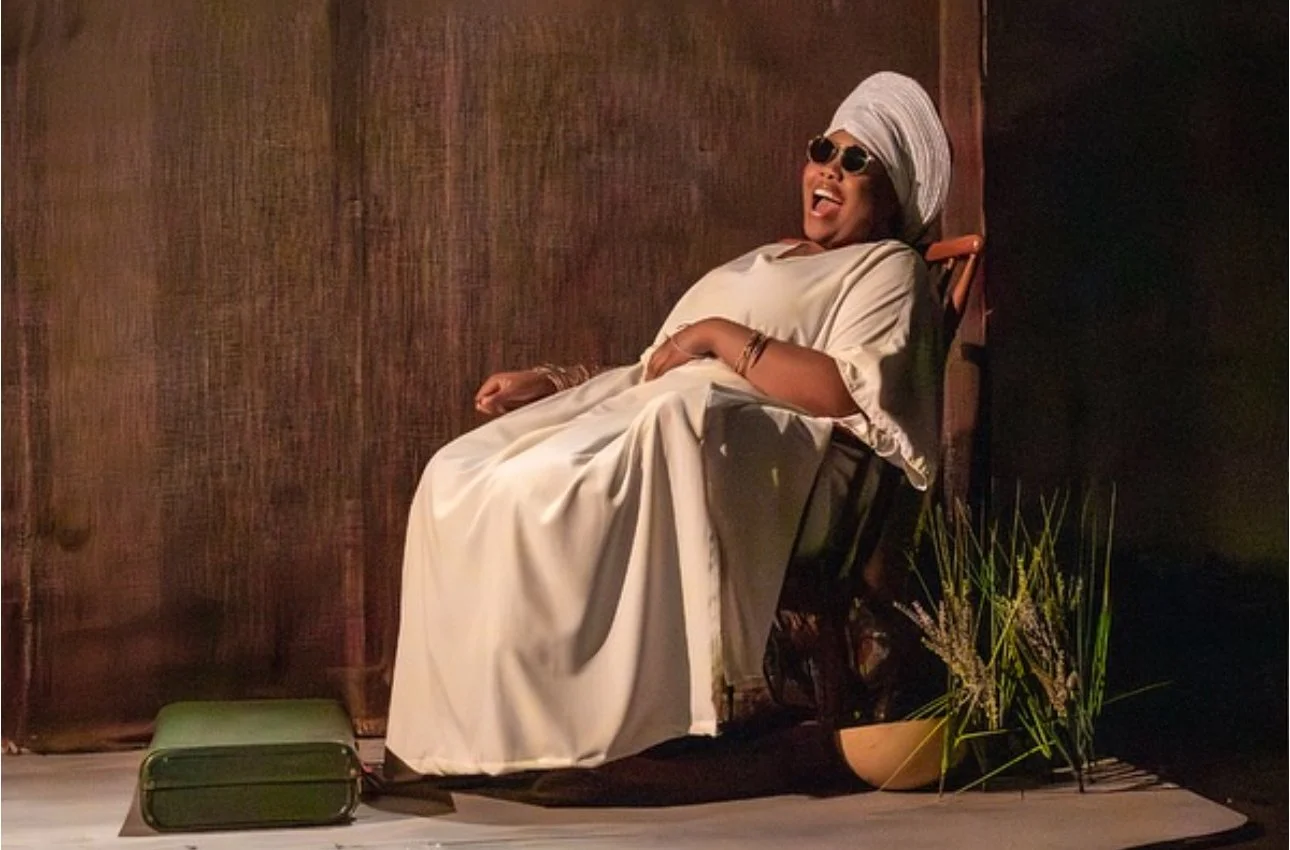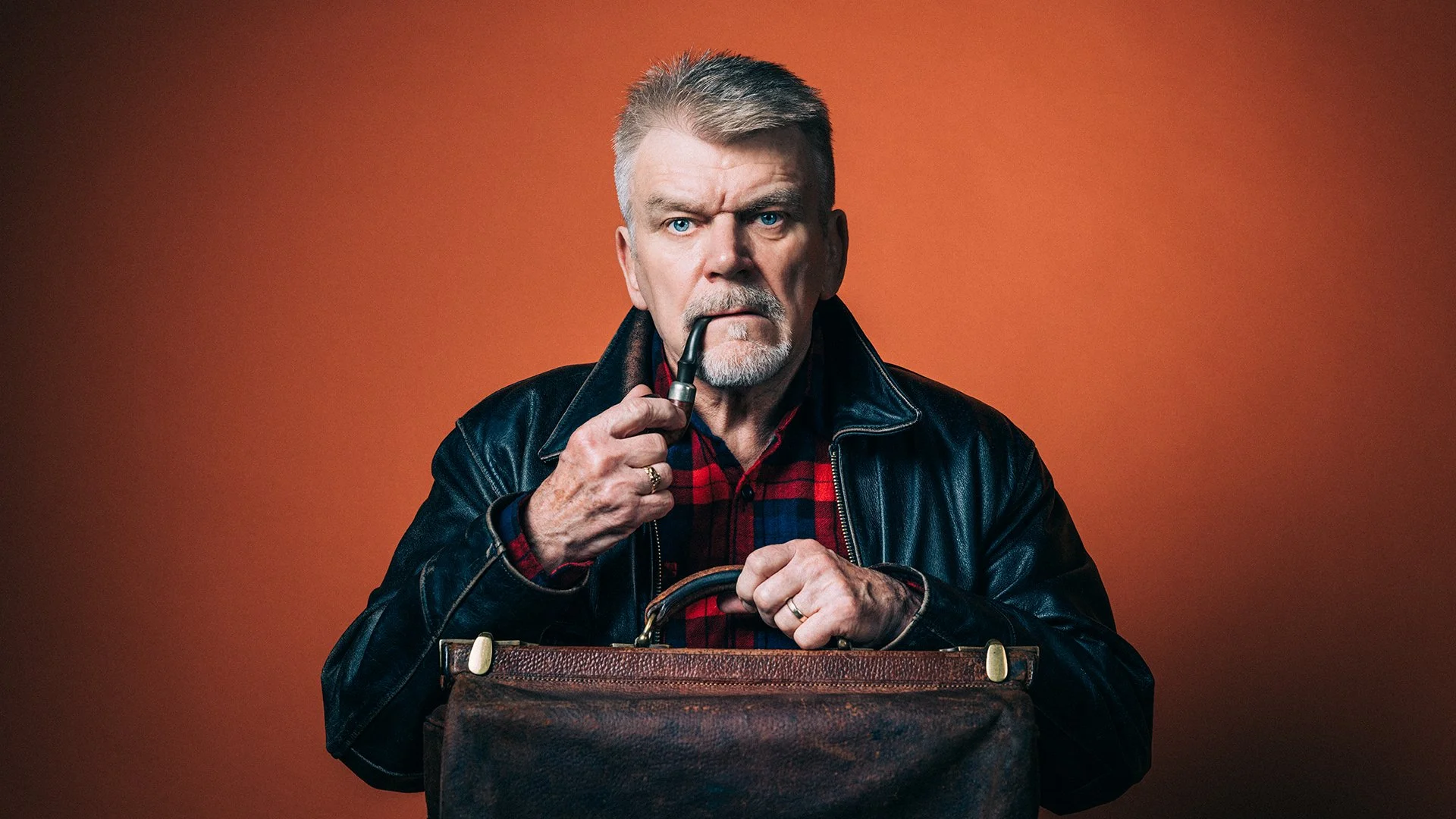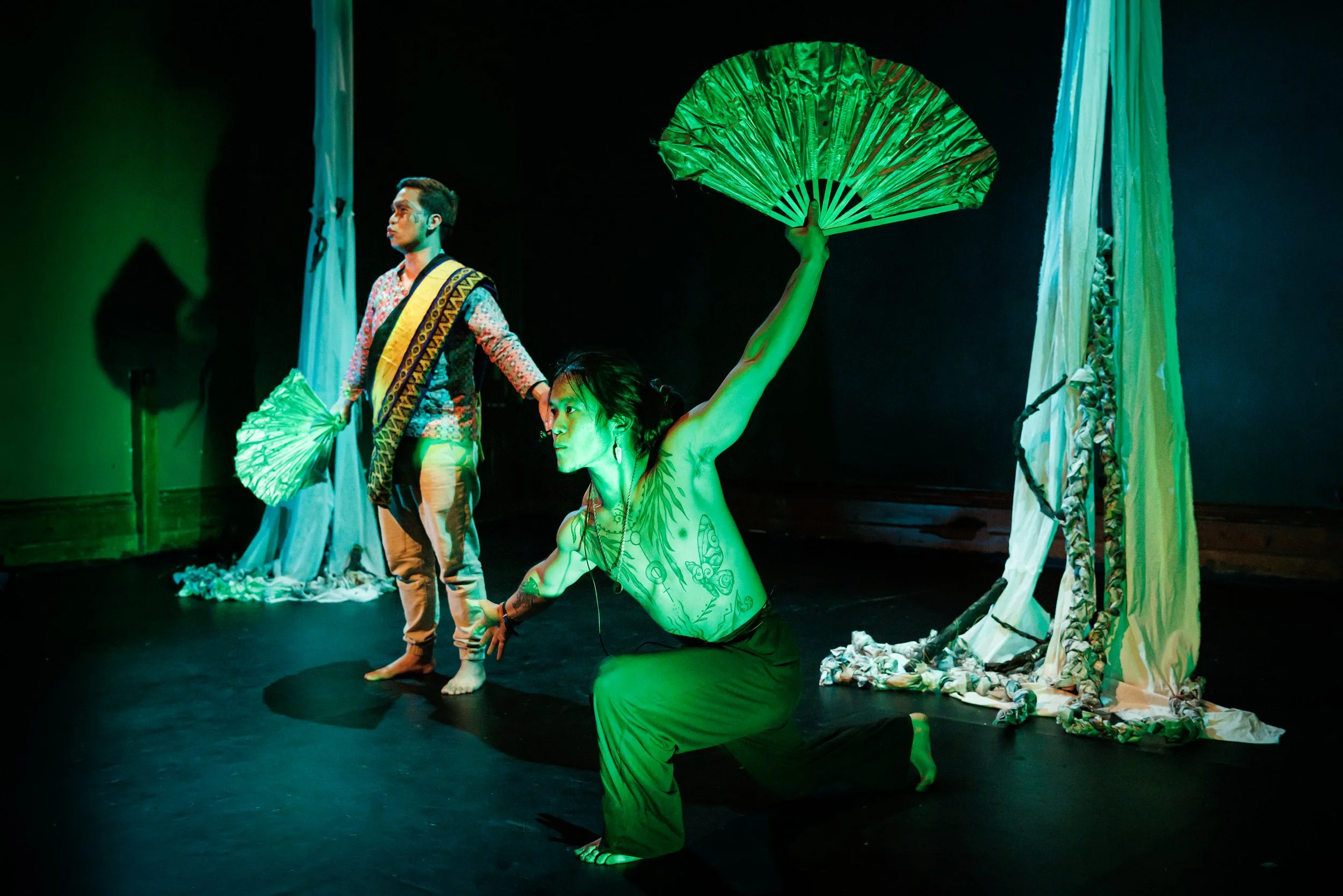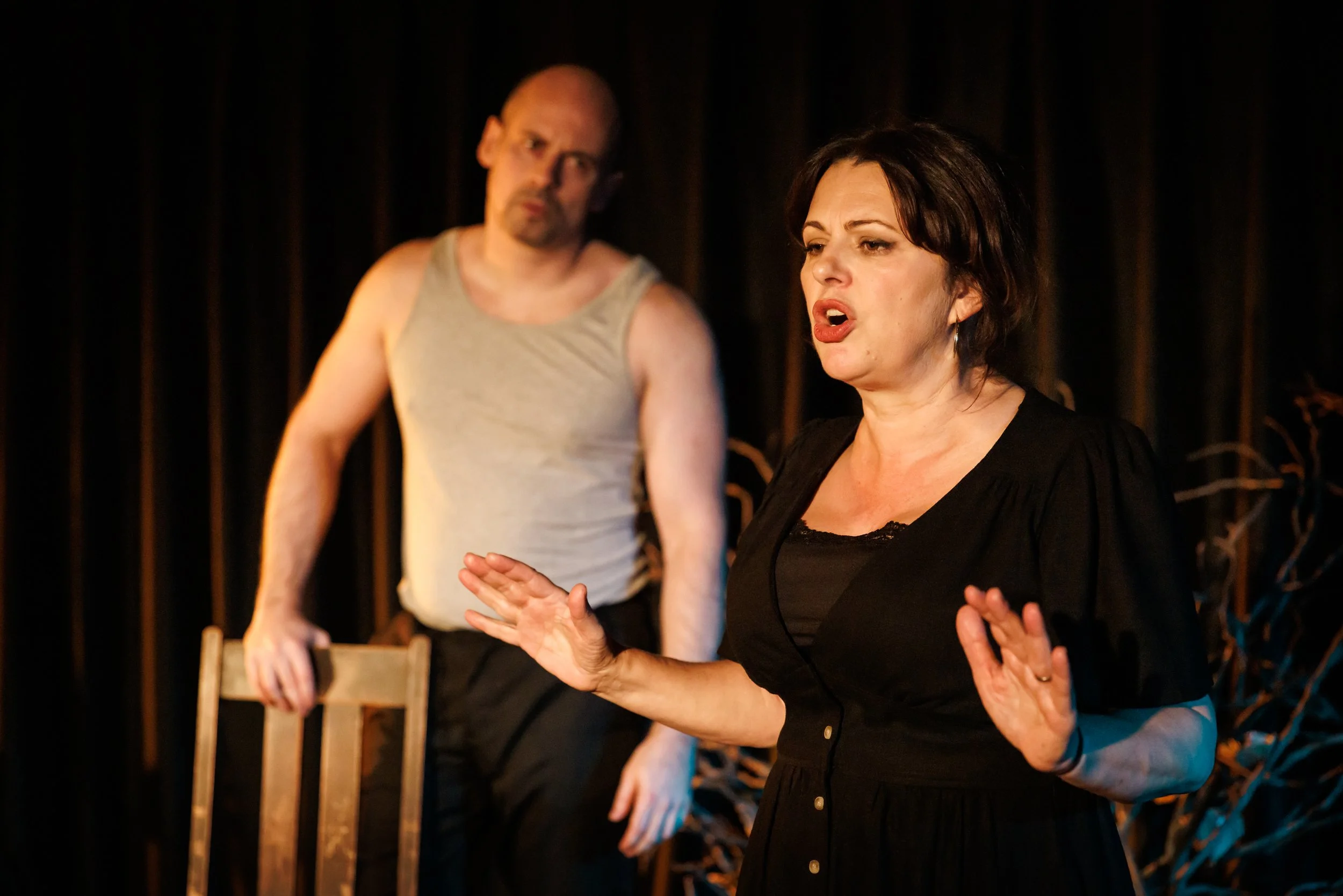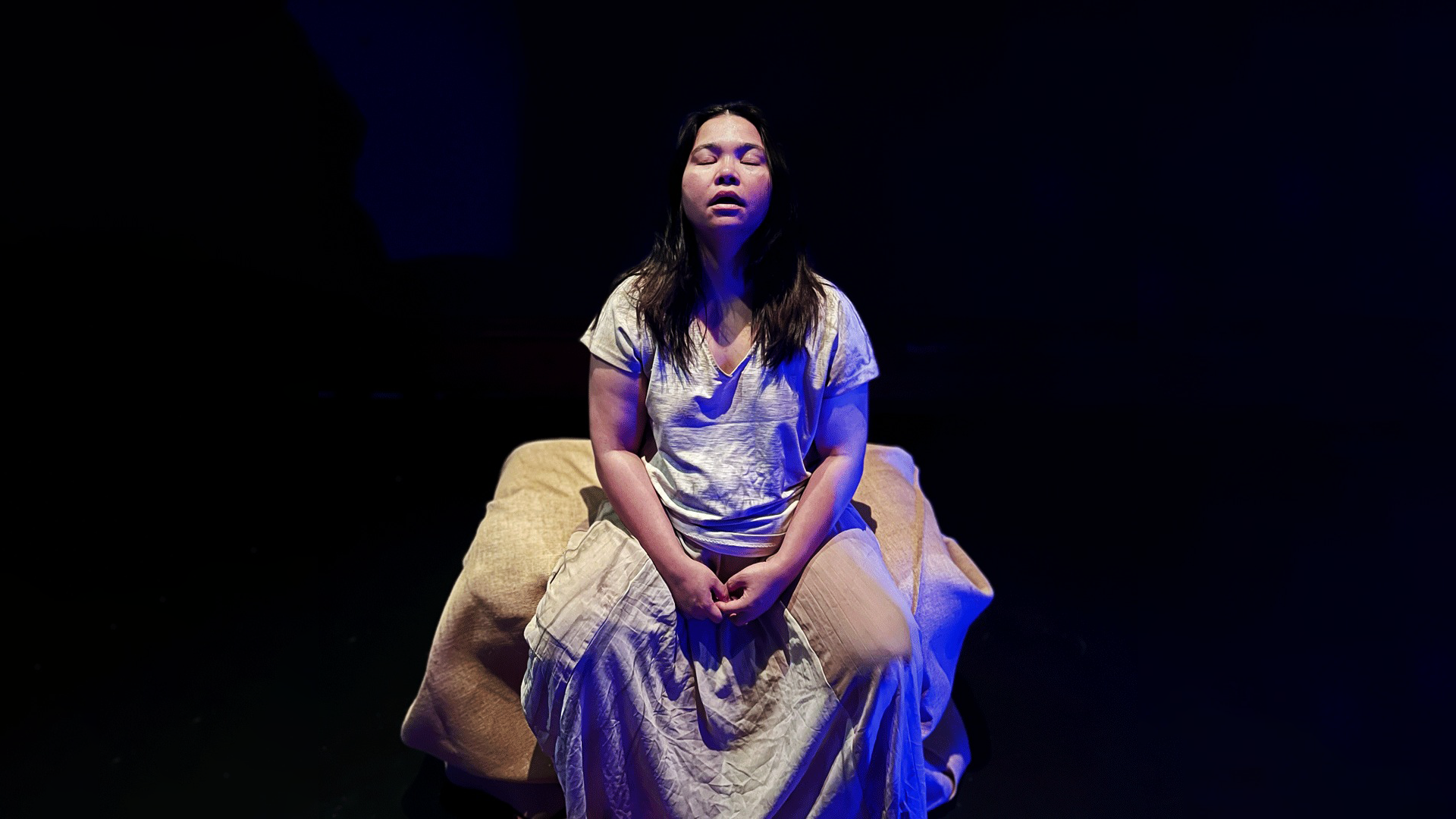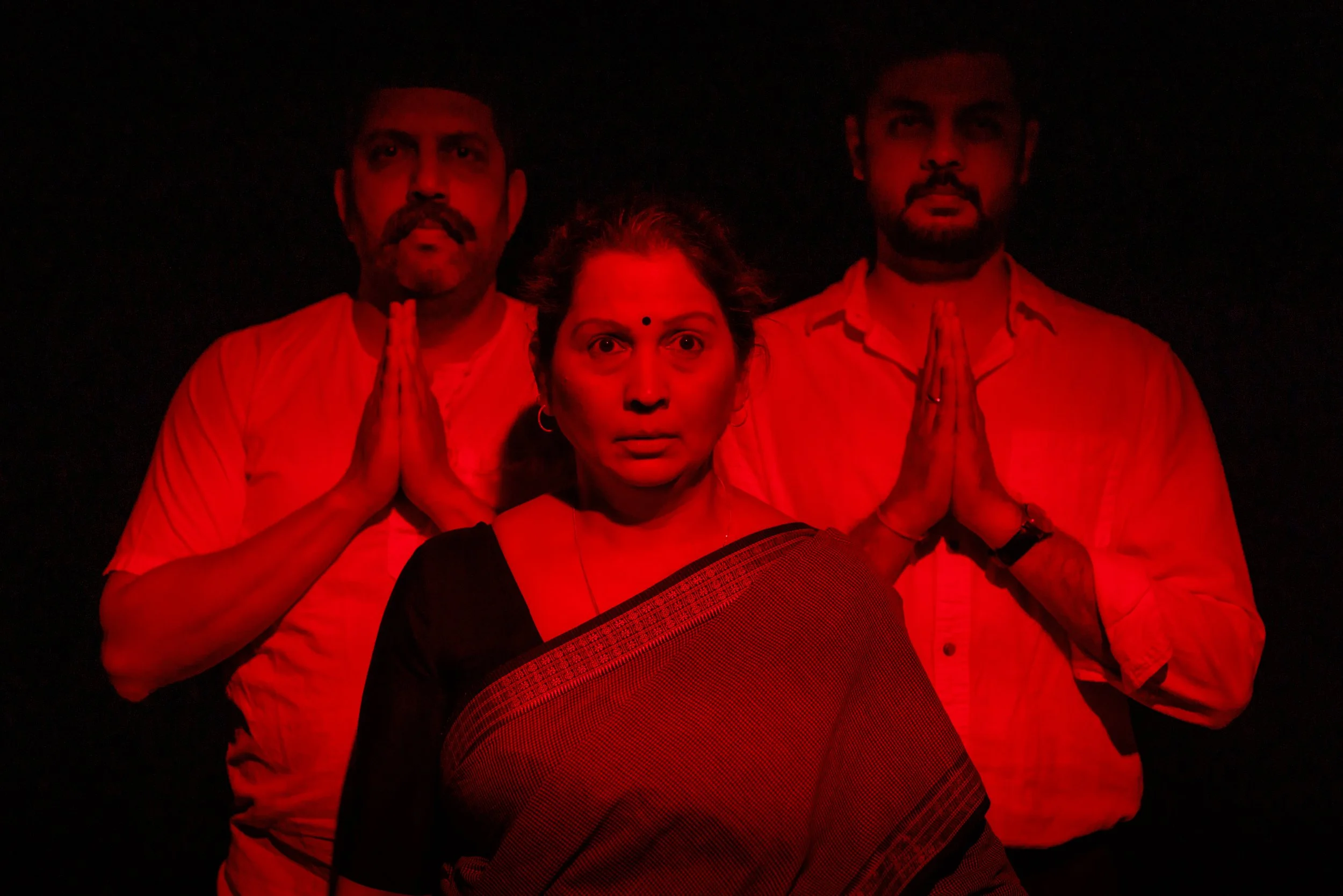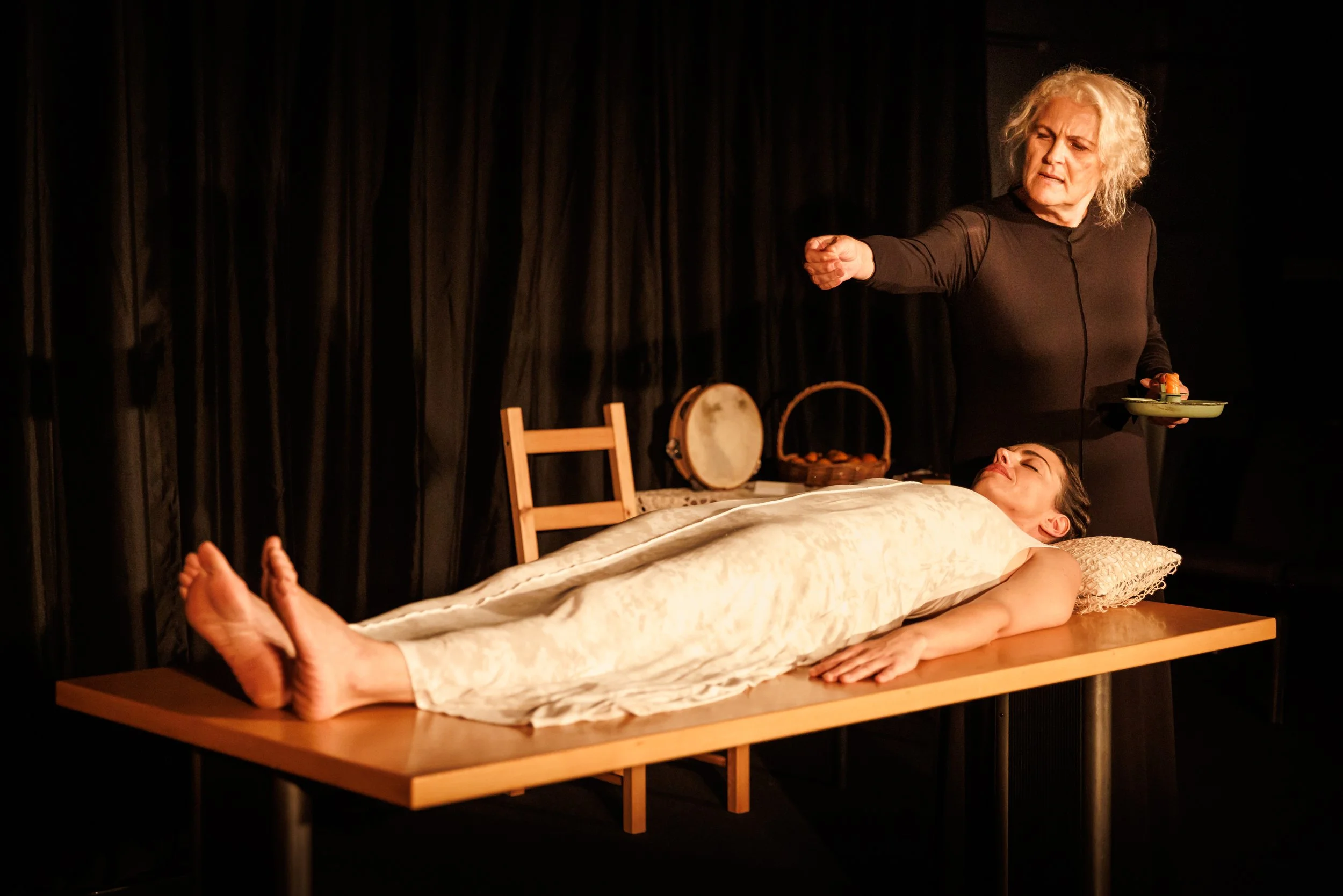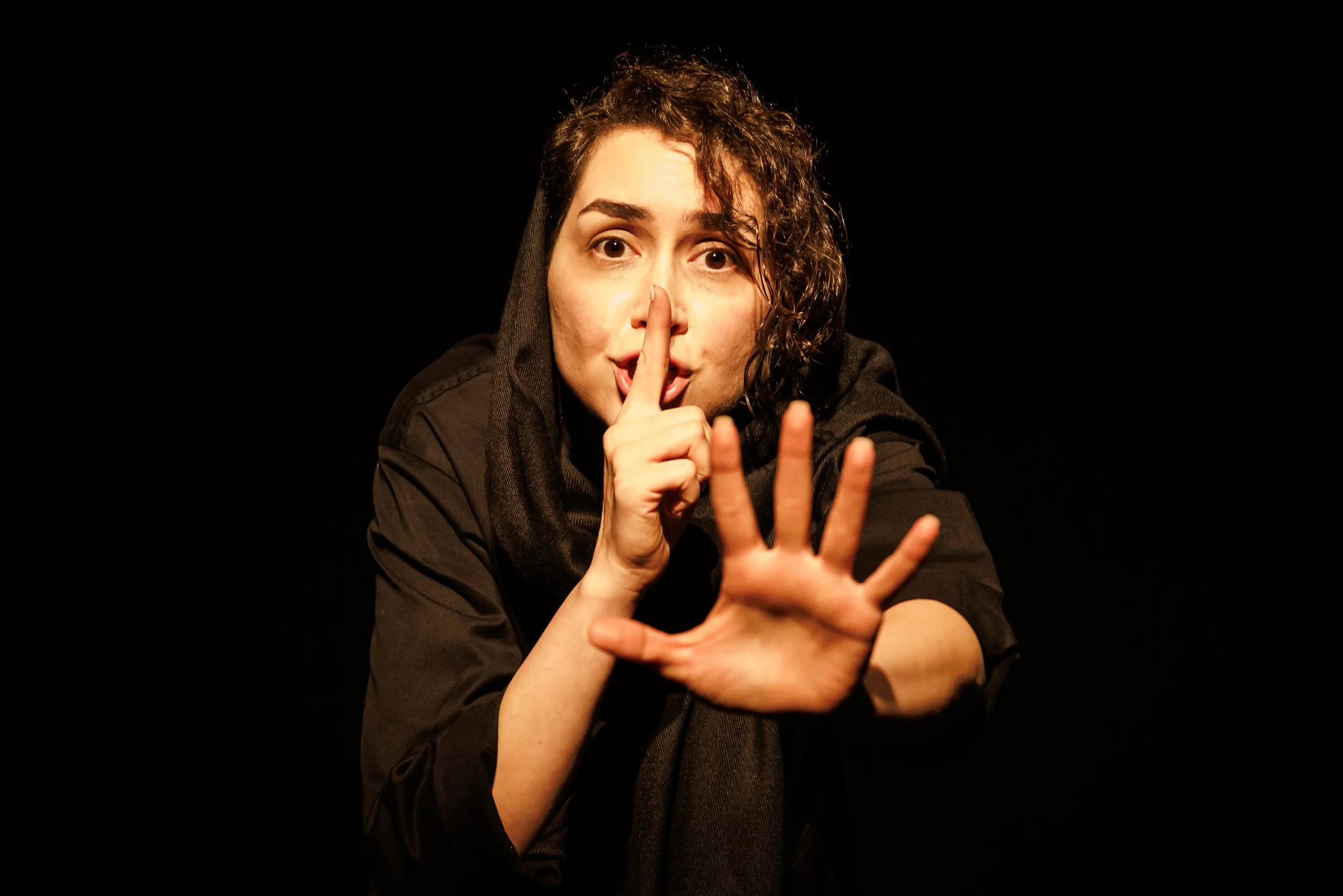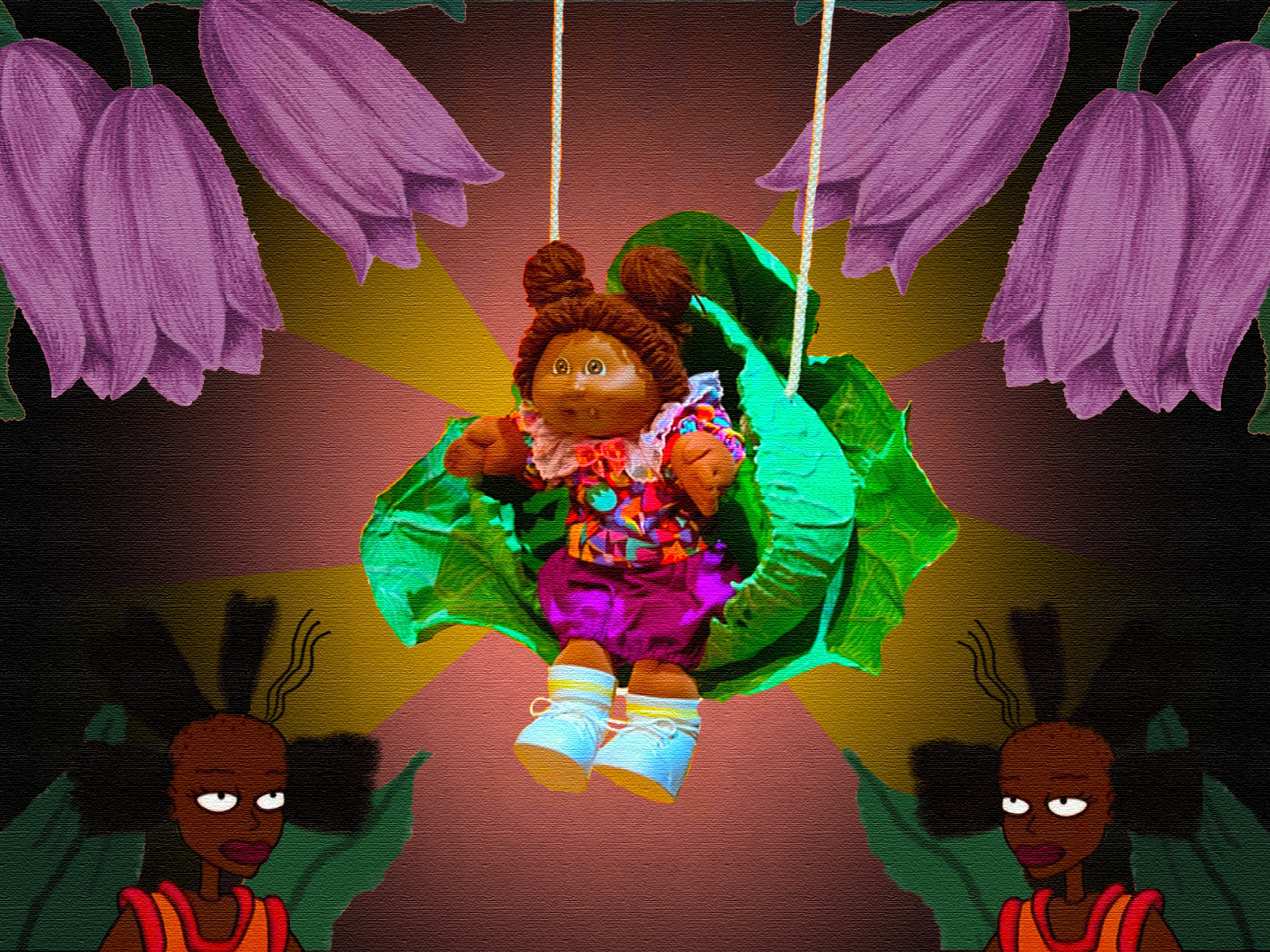Latest News
Stay updated with the latest news, discourse and announcements at MAV.
Far from home: A review of Alek Silber’s People what have you done?
How it is that, even though future brings us opportunities, we still cry and miss for the past? Why does our attachment to people and things affect some of us profoundly? The play People, what have you done? written by Alek Silber and adapted by Kristof Kaczmarek, doesn’t provide answers, but it certainly makes you think about them.
REVIEW: The Field of Forgotten Dreams, a Mythical Journey of Freedom and Resilience
The Field of Forgotten Dreams, written and directed by Ricardo Magno, premiered at La Mama Courthouse in Carlton as part of La Mama’s Festival of Mother Tongue. This new children’s play, featuring music and puppetry, draws inspiration from Philippine folklore and mythology. It stands as a testament to the diversity of storytelling within Australia’s multicultural landscape, offering a fresh perspective on themes of freedom, identity and the transformative power of dreams.
Set in the barren fields of Dakila, The Field of Forgotten Dreams follows Laia, a young girl who awakens each day to toil alongside her friends in hopes of reviving the desolate land.
REVIEW: The Bitter Fruits of Belonging in I Topi Non Avevano Nipoti
“Per fare tutto ci vuole un fiore” (to do anything you need a flower). So recites the matriarchal figure of I Topi Non Avevano Nipoti (The Mice Had No Grandchildren) in an extended funeral sequence mourning her son, who she seems to have smothered to death with her overbearing presence. She references a poem by Gianni Rodari, later put to music by Sergio Endrigo and transformed into one of the most famous Italian nursery rhymes. The absurd sequence captures a core contradiction explored in the play: how family norms can both create and constrict life, planting its seeds and containing its flourishing.
REVIEW: Aswang’s Shape-Shifting Brilliance and Feminist Core
Ricardo Magno’s monodramatic adaptation of Rody Vera’s Palanca award winning play delivers a visceral and harrowing theatrical experience. Presented by Divergent Theatre Collective as the Filipino offering for La Mama’s inauguaral Festival of Mother Tongues, Aswang takes Philippine folklore to deliver confrontational truths about innocence corrupted by the patriarchy’s violent nature.
REVIEW: More Marathi theatre please—Bandini makes a case
Seated in La Mama’s HQ, I sense a certain eagerness creep over me. Here I am, ready to watch Bandini — the only Marathi play that’s part of the lineup at La Mama’s ‘Festival of Mother Tongues’. I’ve never been here before, but this eagerness feels familiar. It took me a while to realise where it was coming from. I’ve only felt this in Pune before — seated at Balgandharva Rangmandir, ready to revel in the inexplicable delight only Marathi theatre can bring.
REVIEW: The Last Sicilian, a poetic farewell to language and identity
The Last Sicilian, a play that forms part of the Festival of the Mother Tongue is supported by La Mama and performed at CoAsIt Italian Museo in Carlton. Director Laurence Stragio and performers Rosa Voto, Rosanna Morales and Irine Vela pack a punch from the moment you walk through the door. You, the audience member, form part of the community of mourners carrying salt for a deceased woman. The woman represents the mother tongue of the island of Sicily, Italy.
REVIEW: Echoes of Liberation, the power of 'I’m a Virtual Being'
"I’m a virtual being, take photos of me" is an exceptionally important narrator of the lived experiences of Iranian women who have been oppressed throughout the history of the Islamic regime of Iran. However, this brave generation of women has transformed this oppression into a stance against cruelty, creating one of the most progressive movements under the name "Women, Life, Freedom." This movement has gained global traction, largely due to the contribution of the media in sharing it across the world. This play, written by one of the brightest contemporary Iranian playwrights, Mohammad Rezaei Rad, elaborately captures this milestone in the history of Iran.
We were planted here, and we have a story to tell— The Hate Race review.
The Hate Race stands as a profound exploration of the intergenerational struggle faced by Black and brown parents, tasked not only with survival, but searching for belonging and acceptance.

